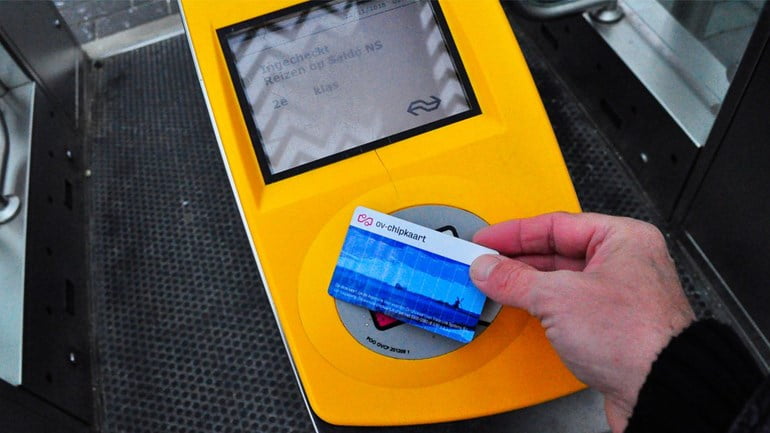The core of the case revolves around the problems surrounding the student travel product and the fines imposed on students who do not cancel their travel product in time after their entitlement has expired.
Minister Robbert Dijkgraaf of Education, Culture and Science recently responded to written questions from MP Stultiens (GroenLinks-PvdA) regarding the issue of high fines for the unlawful use of the student travel product. The discussion was sparked again after a ruling by the District Court of The Hague, which ruled that the Education Executive Agency (DUO) is not acting adequately to prevent former students from accumulating high debts by not terminating their travel rights in a timely manner.
According to the court, DUO does not take sufficient measures to prevent such situations, which leads to unnecessarily high fines for ex-students. DUO has appealed against this decision, as a result of which Dijkgraaf states that he cannot respond to the specific details of the case as it is still before the courts. “At this time I cannot speak about wrongly collected fines, because this lawsuit is still ongoing and the judge must make a ruling on the appeal.”
The minister explained how the process of registration and administration by educational institutions is sometimes delayed, which can result in a continued right to travel, even after a student has stopped studying. DUO only checks registrations 70 days after the start of the new academic year, which means that students can unknowingly continue to use the travel product until then, with all the financial consequences that entails.
Robbert Dijkgraaf, mentions that between 2013 and 2023 fines were imposed ranging from €54,6 million phasing out to €6,2 million in total over those years.

About future adjustments to the student travel product system with the introduction of the public transport pass, Dijkgraaf said: "I am in regular contact with the OV payment innovation program to enable the smoothest possible transition to the new payment methods. As soon as the technology is ready and sufficiently proven, we will begin the gradual migration."
When asked about the possibility of automatically stopping the student travel product, Dijkgraaf replied: “In recent years, I have taken various measures together with the public transport companies to reduce the number of public transport fines. An important measure is the use of the so-called blacklist: when the travel right has expired, DUO informs the public transport companies after 30 days, so that the relevant public transport chip card number is immediately placed on the blacklist. When a student checks in and the OV chip card equipment sees that a card is on the blacklist, the student travel product is immediately blocked, depending on the modality and equipment. It will then no longer be possible to travel.”
The minister indicated that the switch to the public transport pass, part of the new OVpay system, will make it easier in the future for students to manage and cancel their travel product themselves. This new system is planned for a phased introduction from 2025. It promises an improvement in how students can check and terminate their travel products, which should reduce the risk of unfair fines.
Finally, Dijkgraaf emphasized that, despite technological improvements, the responsibility lies with the students themselves to discontinue their travel products in time when they are no longer enrolled in a course. DUO continues to inform students about their responsibilities through various communication channels.




